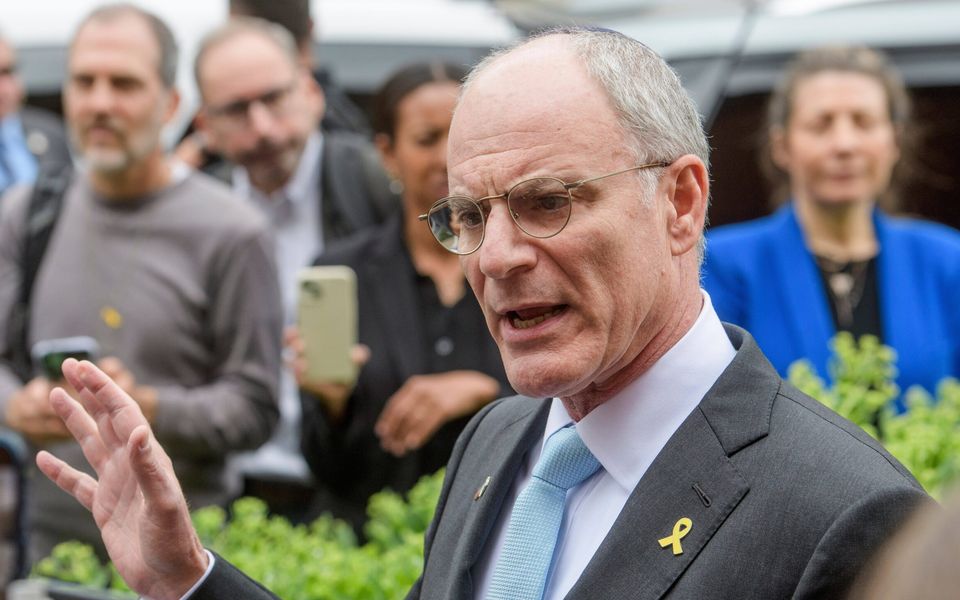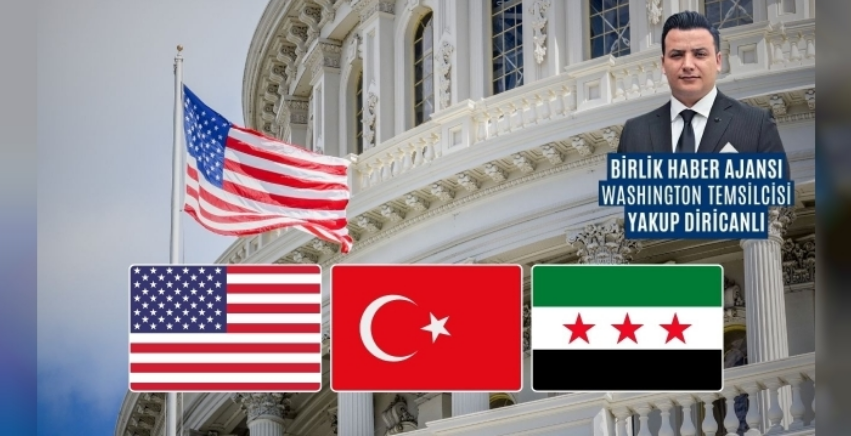Guantanamo Bay detention camp
By wikipedia

The Guantanamo Bay detention camp[note 1] is a United States military prison within Naval Station Guantanamo Bay (NSGB), also called GTMO (pronounced Gitmo /ˈɡɪtmoʊ/ GIT-moh) on the coast of Guantánamo Bay, Cuba. It was established in January 2002 by U.S. President George W. Bush to hold terrorism suspects and “illegal enemy combatants” during the Global War on Terrorism following the attacks of September 11, 2001. As of August 2024, at least 780 persons from 48 countries have been detained at the camp since its creation, of whom 740 had been transferred elsewhere, 9 died in custody, and 30 remain; only 16 detainees have ever been charged by the U.S. with criminal offenses.[1]
Shortly after the September 11 attacks, the U.S. declared its “war on terror” effort and led a multinational military operation against Taliban-ruled Afghanistan to dismantle Al-Qaeda and capture its leader, Osama bin Laden. During the invasion, on November 13, 2001, President Bush issued a military order allowing for the indefinite detention of foreign nationals without charge and preventing them from legally challenging their detention. The following month, the U.S. Department of Justice claimed that habeas corpus – a legal recourse against unlawful detention—did not apply to Guantanamo Bay because it was outside of U.S. territory. Subsequently, in January 2002, a temporary detention facility dubbed “Camp X-Ray” was created to house suspected Al-Qaeda members and Taliban fighters primarily captured in Afghanistan.[2]
By May 2003, the Guantanamo Bay detention camp had grown into a larger and more permanent facility that housed over 680 prisoners, the vast majority without formal charges.[3][4][5] The Bush Administration maintained that it was not obliged to grant prisoners basic protections under the U.S. Constitution or the Geneva Conventions, since the former did not extend to foreign soil and the latter did not apply to “unlawful enemy combatants“. Various humanitarian and legal advocacy groups claimed that these policies were unconstitutional and violated international human rights law;[6][7] several landmark U.S. Supreme Court decisions found that detainees had rights to due process and habeas corpus but were still subject to military tribunals, which remain controversial for allegedly lacking impartiality, independence, and judicial efficiency.[8][9]
In addition to restrictions on their legal rights, detainees are widely reported to have been housed in unfit conditions and routinely abused and tortured, often in the form of “enhanced interrogation techniques“.[10][11] As early as October 2003, the International Committee of the Red Cross warned of “deterioration in the psychological health of a large number of detainees”.[12] Subsequent reports by international human rights organizations such as Amnesty International and Human Rights Watch, as well as intergovernmental institutions such as the Organization of American States and the United Nations, concluded that detainees have been systematically mistreated in violation of their human rights.[13][14]
Amid multiple legal and political challenges, as well as consistent widespread criticism and condemnation both domestically and internationally, the detention camp at Guantanamo Bay has been subject to repeated calls and efforts for closure. President Bush, while maintaining that the facility was necessary and that prisoners were treated well, nonetheless expressed his desire to have it closed in the beginning of 2005.[15] His administration began winding down the detainee population in large numbers, ultimately releasing or transferring around 540.[16] In 2009, Bush’s successor, Barack Obama, issued executive orders to close the facility within one year and identify lawful alternatives for its detainees; however, strong bipartisan opposition from the U.S. Congress, on the grounds of national security, prevented its closure.[17] During the Obama Administration, the number of inmates was reduced from about 250 to 41, but controversial policies such as the use of military courts were left in place.[18][19] In January 2018, President Donald Trump signed an executive order to keep the detention camp open indefinitely,[20] and only one prisoner was repatriated during his administration.[21] Since taking office in 2021, President Joe Biden has vowed to close the camp before his term ends,[22][23] although his administration has continued with multimillion-dollar expansions to military commissions and other Guantanamo Bay facilities.[24][25][26]
Following the release of 10 detainees from Guantanamo by April 2023,[27][28][29][30] 30 detainees remain as of June 2024;[31] of these, 16 are awaiting transfer, 11 have been charged or convicted of war crimes, and three are held in indefinite law-of-war detention without facing tribunal charges nor being recommended for release.


